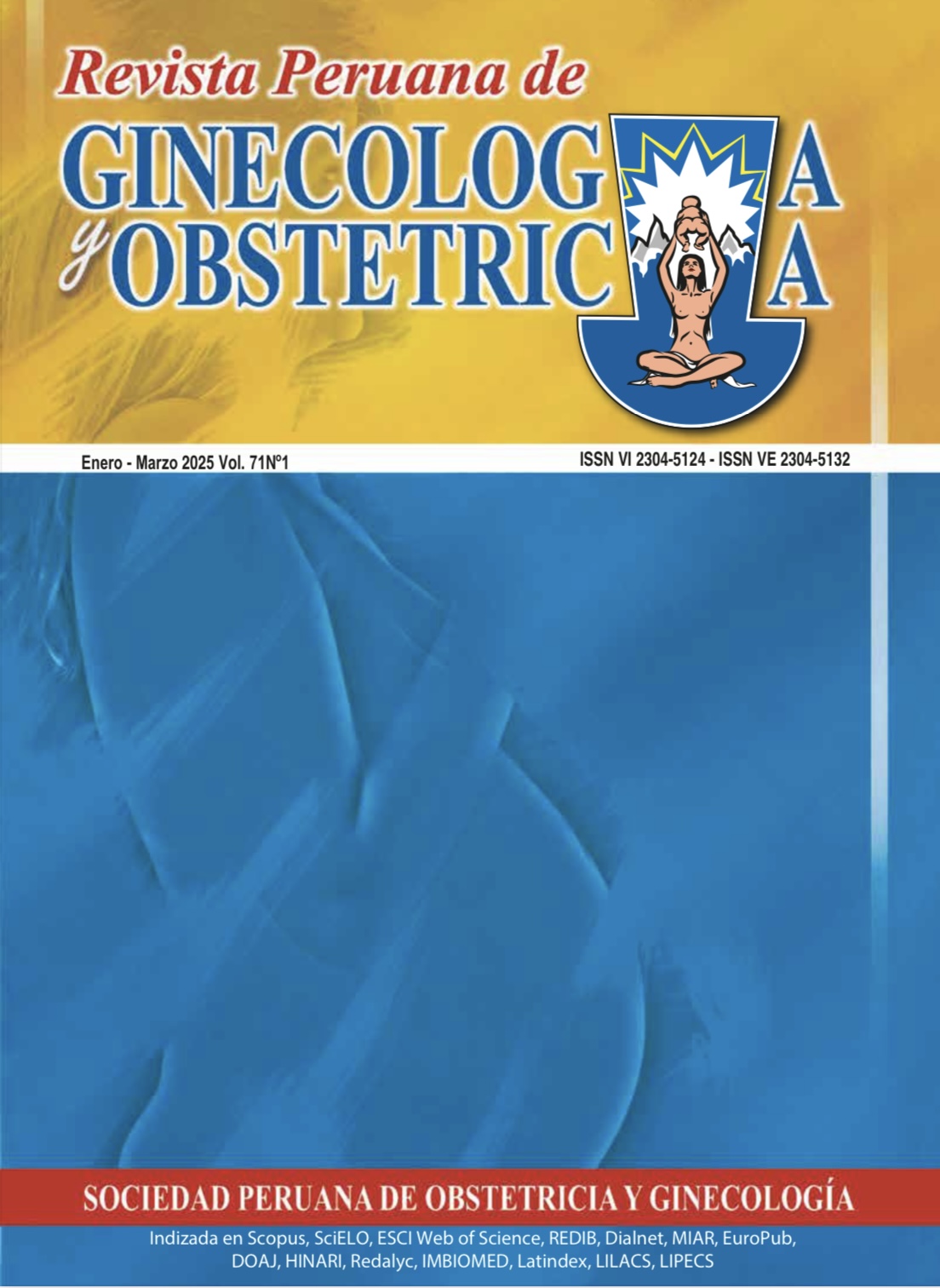Obesity and its impact on reproductive medicine
DOI:
https://doi.org/10.31403/rpgo.v71i2745Keywords:
Obesity, Infertility, Anovulation, Menstruation Disturbances, Reproductive medicineAbstract
Obesity has a negative impact on reproductive health, with a higher incidence of
anovulation, menstrual disorders and infertility. The increase in adipose tissue
is associated with insulin resistance and hyperinsulinemia, reduction in sex
hormone binding globulin levels, and hyperandrogenemia. There is an increase
in pro-inflammatory adipokines and a decrease in adiponectins. Female obesity is
associated with ovulatory dysfunction, lower ovarian response to ovulation inducers,
decreased oocyte quantity and quality, and alteration in endometrial receptivity.
Likewise, a decrease in the live birth rate has been reported in in vitro fertilization
treatments, and an increase in the frequency of abortions. Male obesity increases the
incidence of erectile dysfunction and alterations in sperm quality. Diet, exercise, and
medical therapy have been shown to be effective. Bariatric surgery is an alternative
in cases of body mass index greater than 40, and achieves a rapid and effective
weight reduction, with improvement in metabolic parameters; it is recommended
to postpone pregnancy in women for at least one year after surgery. Bariatric
surgery significantly reduces the risk of fetal macrosomia, pregnancy-associated
hypertension, and gestational diabetes. However, it increases the risk of maternal
anemia and small-for-gestational-age newborns.
Downloads
Downloads
Published
How to Cite
Issue
Section
License

This work is licensed under a Creative Commons Attribution 4.0 International License.
Esta revista provee acceso libre inmediato a su contenido bajo el principio de que hacer disponible gratuitamente la investigación al publico, lo cual fomenta un mayor intercambio de conocimiento global.















